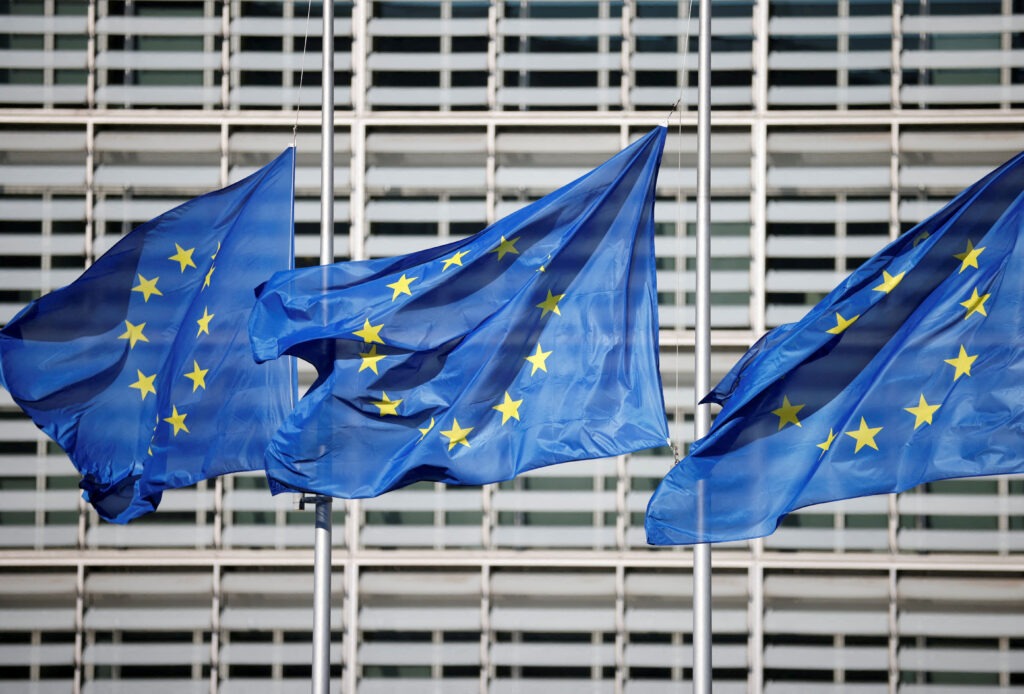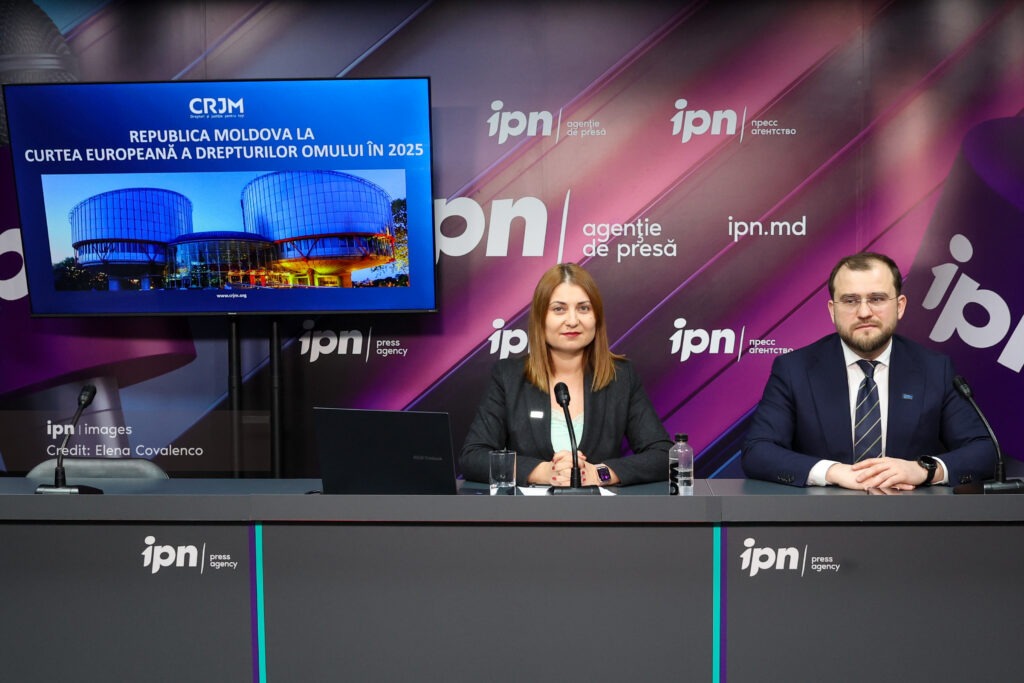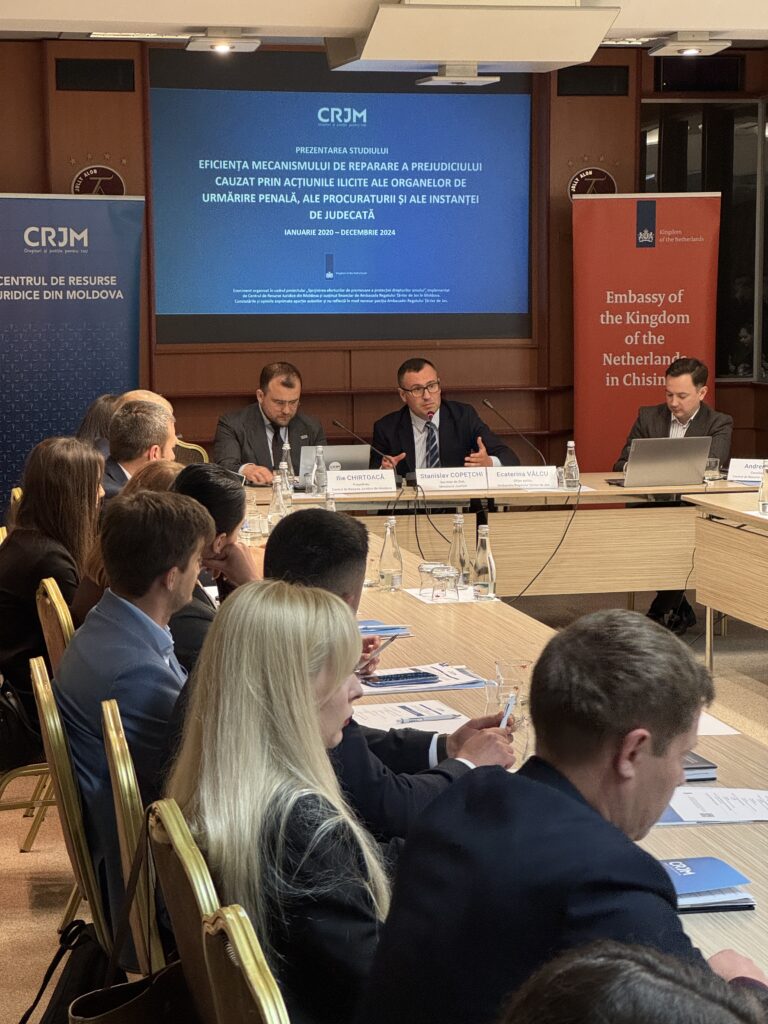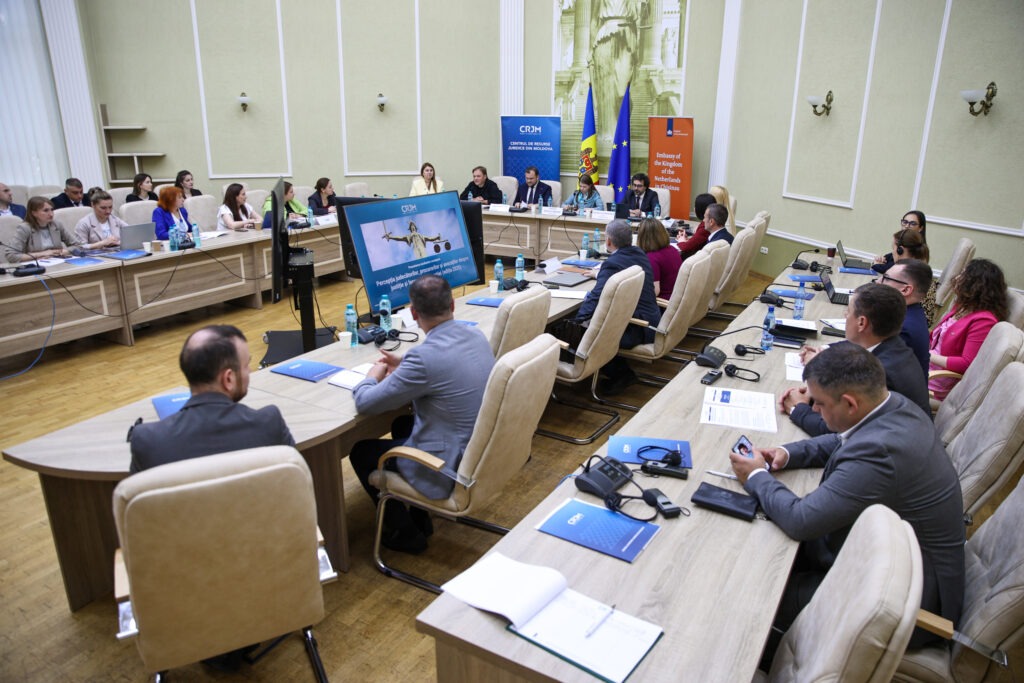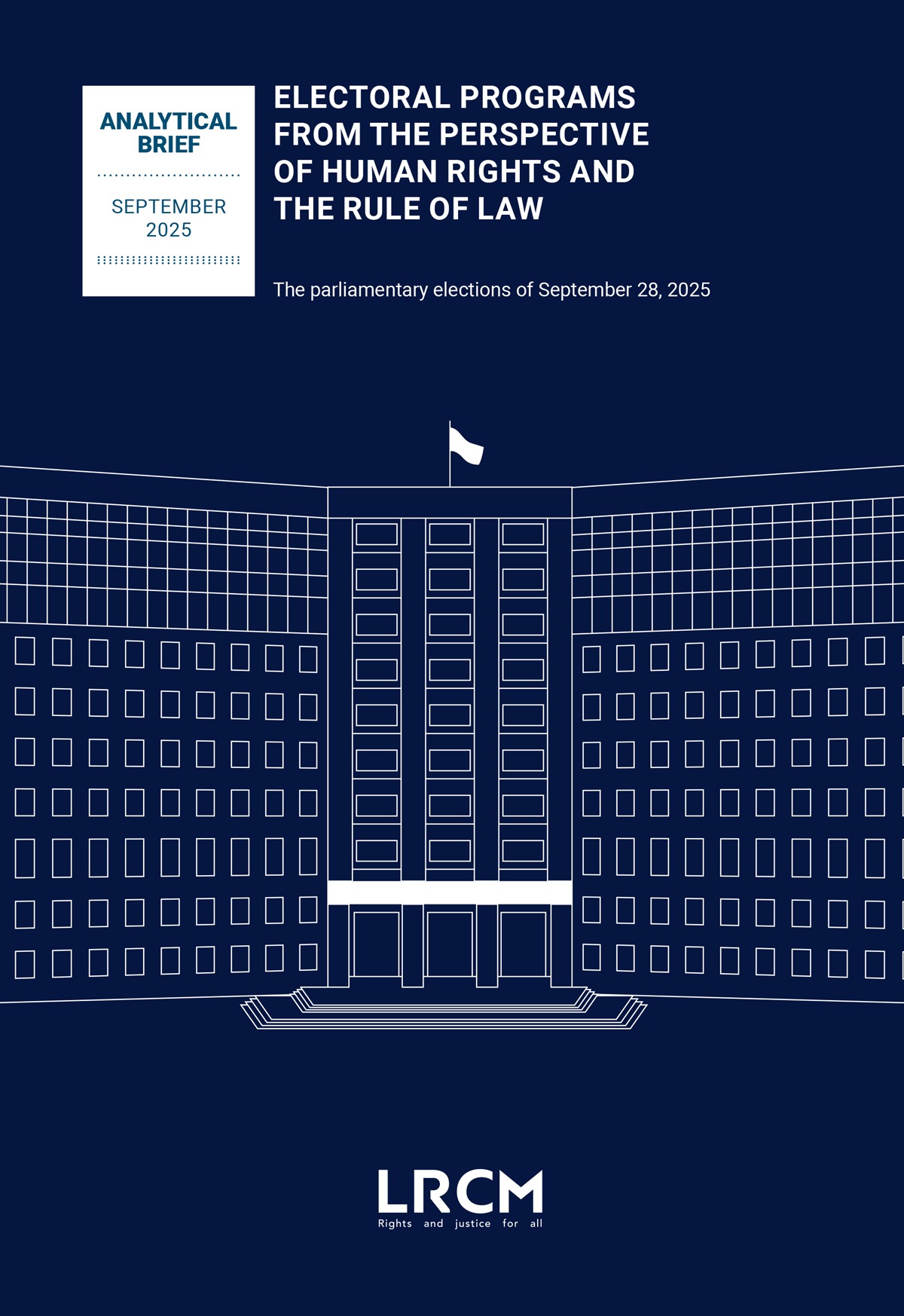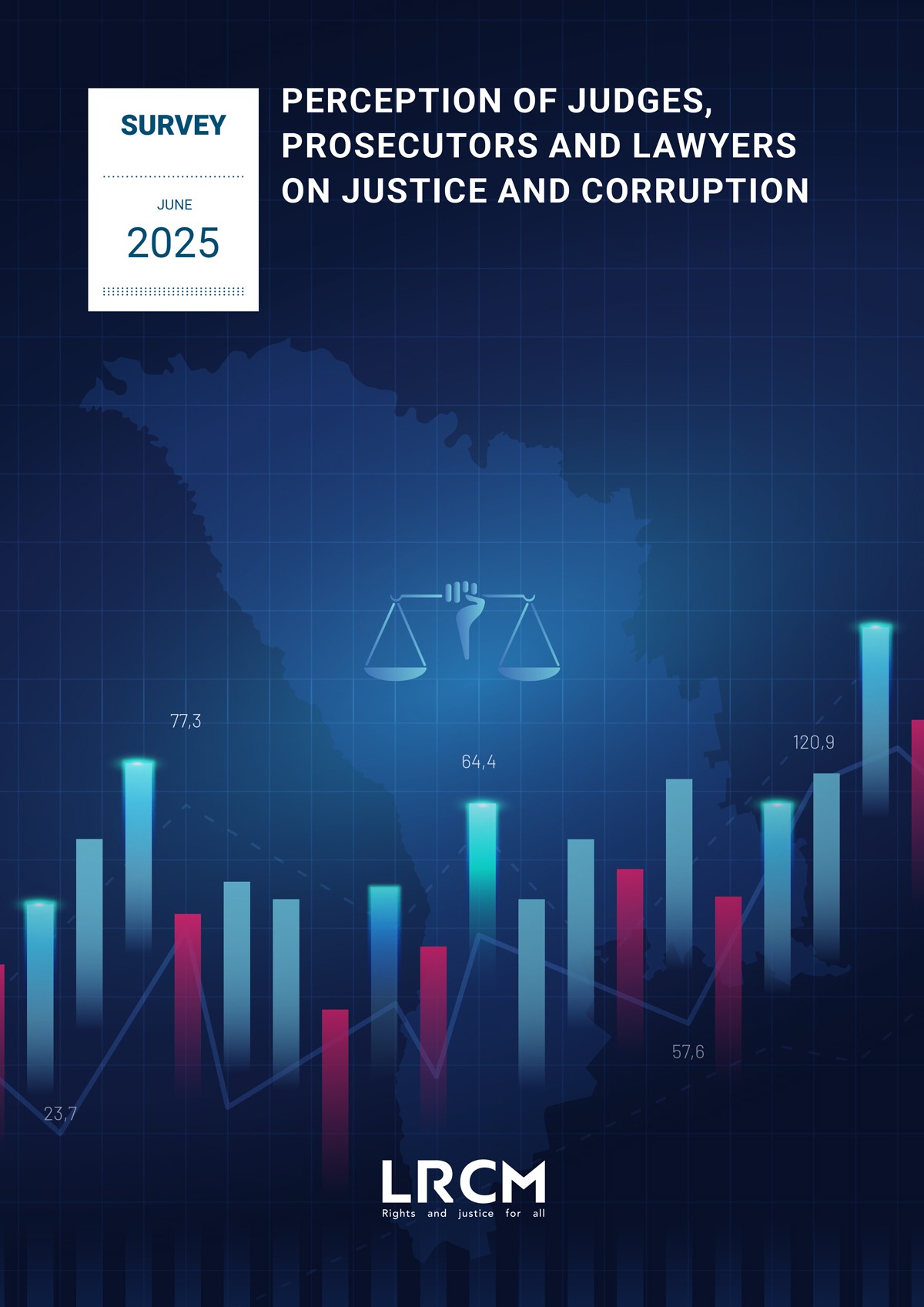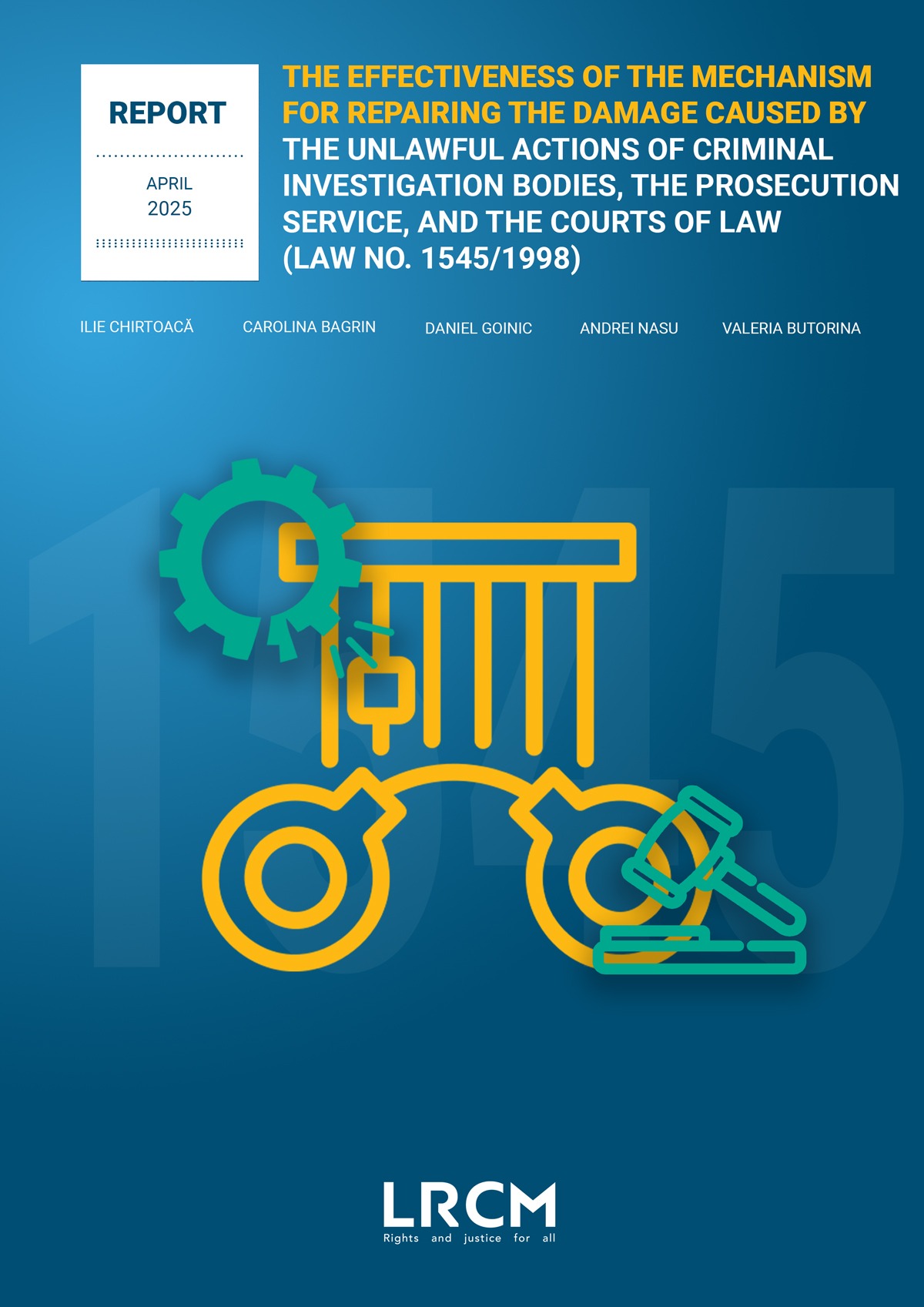The Institute for European Policies and Reforms (IPRE), “Expert-Grup”, and the Legal Resource Centre of Moldova (CRJM), within the initiative #ThinkTanks4EUMembership, in cooperation with the Friedrich Ebert Foundation in the Republic of Moldova, issued the first shadow report on the Action Plan for the implementation of 9 recommendations of the European Commission in the context of Moldova’s EU membership application.
The #MoldovaEUCandidateCheck report reflects the main findings regarding the progress, constraints, and priorities recommended for each of the 9 commitments undertaken by the Republic of Moldova. The report is the result of an independent monitoring and evaluation exercise of the implementation of the Action Plan, adopted by the National Committee for European Integration, in the period from 1 July 2022 to 31 March 2023 and is based on a methodology focused on quantitative and qualitative assessment.
Experts of the three organizations estimate that the overall average degree of implementation of the 9 commitments is 3.8 out of 5 possible points. Out of the 60 actions assumed by the authorities in the Action Plan related to the 9 commitments, only 14 actions (23.33%) were implemented without deficiencies, while 21 actions (35%) were implemented with certain shortcomings, 23 actions (38.33%) were initiated and have been in the process of implementation, and 2 actions (3.33%) were not initiated yet.
According to the authors, the best rating – 4.66 points – is attributed to the reform aimed at public finance management (commitment 7), where most of the actions have been implemented.
The justice reform (Commitment 1), the implementation of the Venice Commission’s recommendations (Commitment 2), the public administration reform (Commitment 6) and the protection of human rights (Commitment 9) were evaluated by 4 points out of 5, which means that most of the planned actions have been implemented with certain shortcomings or have been in the process of implementation.
At the same time, the fight against organised crime (Commitment 5) was assessed with 3.8 out of 5 points, while the fight against corruption (Commitment 3) – with 3.55 points. These ratings indicate that the majority of actions have been initiated but have not been completed by the time of the evaluation.
The largest arrears have been recorded in the area of de-oligarchisation (Commitment 4), which was assessed by 3.3 points out of 5, and cooperation with civil society (Commitment 8), which was assessed by experts with 2.8 points, taking into account the list of planed actions.
The results of the monitoring exercise reflected in the online Dashboard are available here, and the #MoldovaEUCandidateCheck Report is available here (in Romanian language) and here (in English).
The draft Monitoring Table and the Report were subject to internal peer-review by the team of authors, as well as to an external review during the multi-stakeholder consultation meetings conducted during March and early April 2023 with the participation of the relevant national authorities and representatives of civil society. The final version of the Report took into account the results of the consultative meetings.
In July 2023, the evaluation of the first Report and the Monitoring Table will be reviewed and updated to reflect the final implementation results, given that the deadline for fulfilling the 9 commitments is June 2023, when the European Commission will initiate the preparation of the first Report within the EU Enlargement Package, which will be published in autumn this year.
It should be reminded that on 23 June 2022, the Republic of Moldova obtained the EU candidate country status. The EU decision was based on the favourable opinion of the European Commission, after the evaluation of the completed questionnaire, in the context of the accession application submitted by the Republic of Moldova in March 2022.
In April 2022, the National Commission for European Integration (NCEI) was established. Chaired by the President of the Republic of Moldova, the Commission is an inclusive platform that brings together members of the Government, parliamentarians, representatives of civil society and local authorities, which ensures the strategic coordination of the European integration process. On 4 August 2022, NCEI approved the Action Plan for the implementation of the measures proposed by the European Commission in its Opinion on the Republic of Moldova’s EU membership application (hereinafter the Action Plan).

